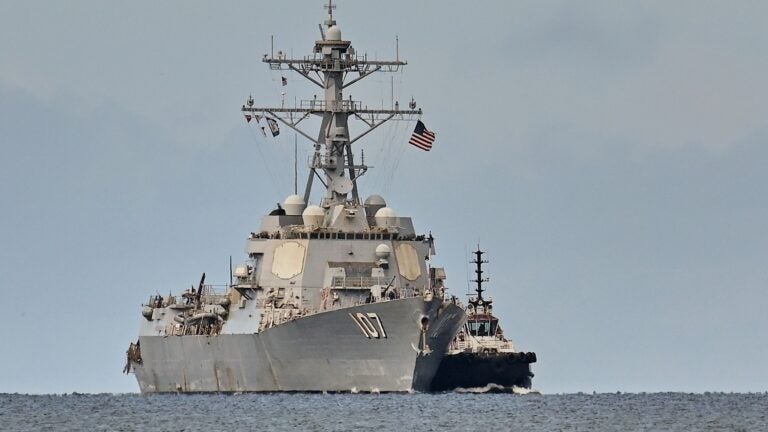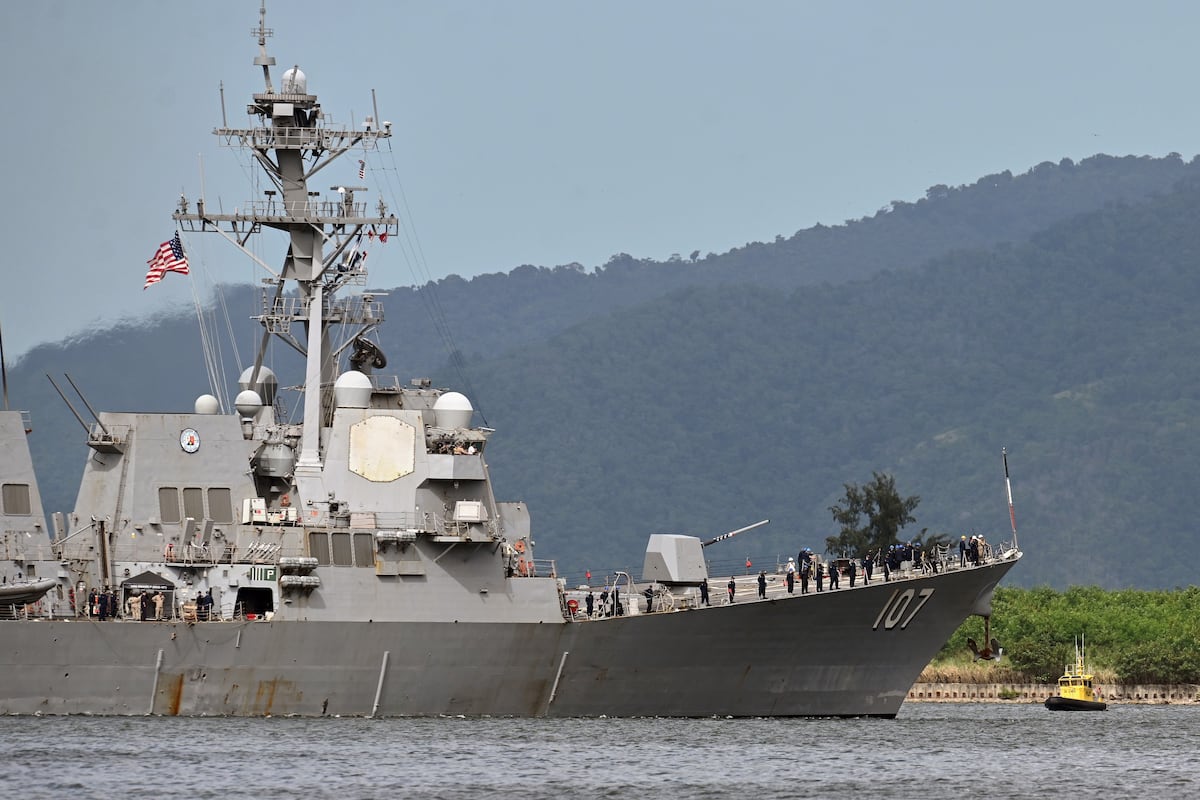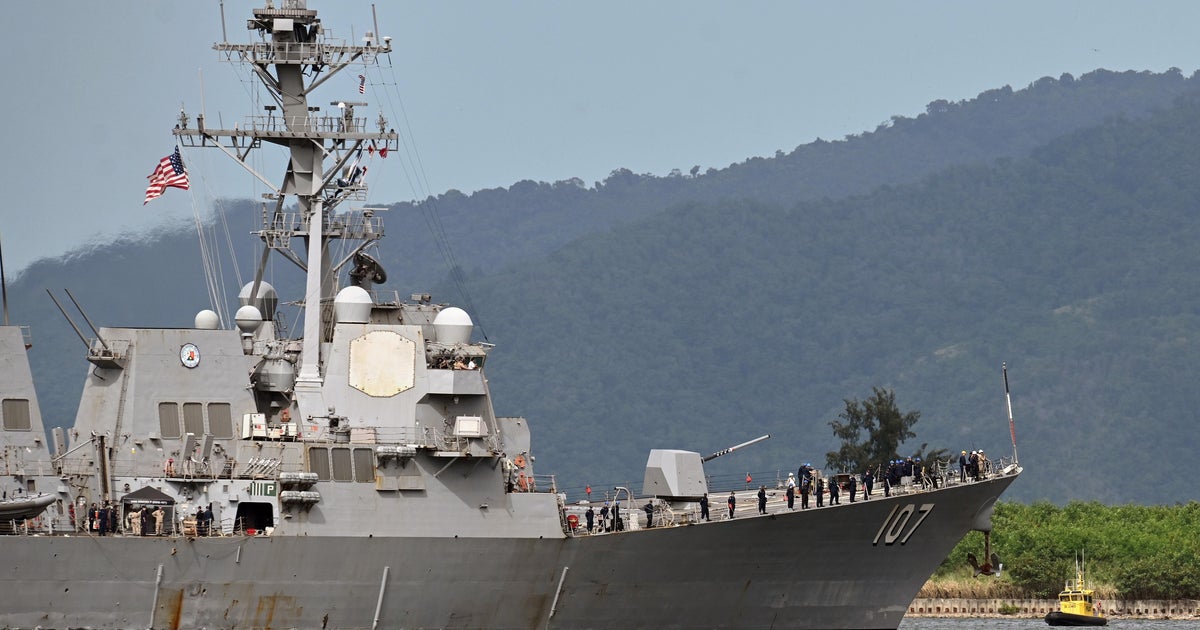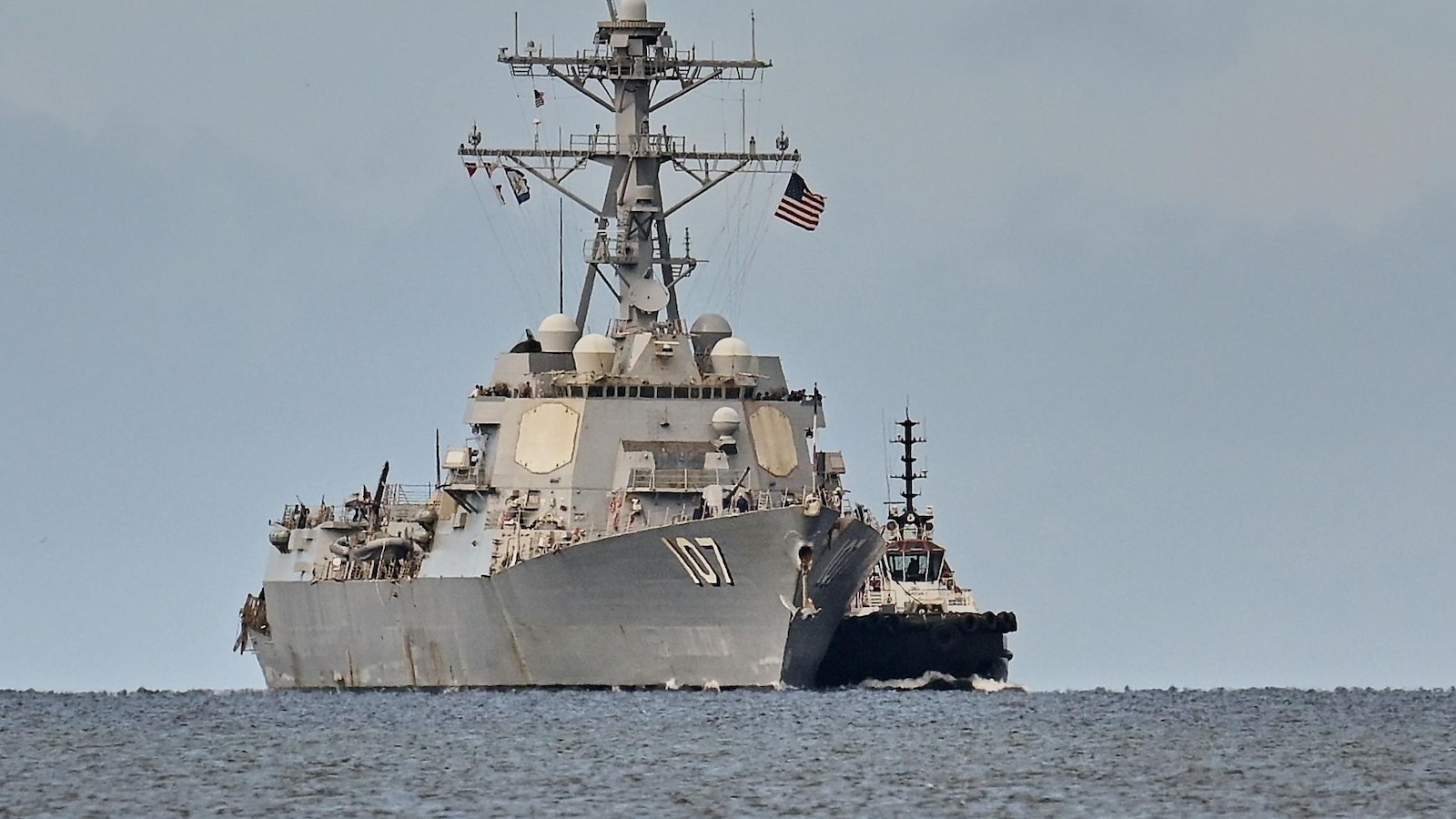US Warship Docking in Trinidad Escalates Tensions with Venezuela Amid Regional Criticism
A US warship docked in Trinidad and Tobago, intensifying military pressure on Venezuela and President Maduro, sparking criticism from Caracas and some local groups, while the US cites training and crime efforts.
Subscribe to unlock this story
We really don't like cutting you off, but you've reached your monthly limit. At just $5/month, subscriptions are how we keep this project going. Start your free 7-day trial today!
Get StartedHave an account? Sign in
Overview
- A US warship, the USS Gravely, docked in Trinidad and Tobago, escalating military pressure on Venezuela as part of the Trump administration's strategy against President Maduro.
- Venezuelan President Maduro condemned the US warship's presence, accusing the US government of attempting to instigate a new "eternal war" against his nation.
- Trinidad and Tobago's Prime Minister Kamla Persad-Bissessar supports the US military presence for training and addressing transnational crime, despite local political criticism.
- The US Embassy warned Americans in Trinidad and Tobago of a reported threat, coinciding with the warship's docking, which aims to build regional security and resilience.
- Regional body Caricom called for dialogue amidst rising tensions, as the US increases its naval presence near Venezuela, including the USS Gerald R. Ford aircraft carrier.
Report issue

Read both sides in 5 minutes each day
Analysis
Center-leaning sources frame this story by immediately establishing a narrative of geopolitical pressure on Venezuela. They emphasize the military nature of the visit and its proximity to Venezuela, while also presenting official justifications and local criticisms. This approach highlights the potential for regional tension, even as it includes diverse perspectives on the event's purpose and impact.
Articles (7)
Center (4)
FAQ
The USS Gravely docked in Trinidad and Tobago to conduct joint training exercises with local defense forces, aiming to enhance regional security cooperation and address transnational crime near Venezuela.
President Maduro condemned the presence of the US warship, accusing the US government of trying to instigate a new ‘eternal war’ aimed at toppling his government and fabricating a conflict.
Trinidad and Tobago's Prime Minister Kamla Persad-Bissessar supports the US military presence for joint training and efforts to combat transnational crime, despite facing political criticism locally.
The US has deployed naval vessels like the USS Gravely and the aircraft carrier USS Gerald R. Ford near Venezuela, conducted strikes on vessels allegedly smuggling narcotics, authorized CIA operations against Venezuela, and threatened ground attacks on suspected drug cartels.
CARICOM has called for dialogue to ease tensions, some countries like Guyana have endorsed the deployment due to security concerns, while the Cuba–Venezuela–Nicaragua axis has labeled it an ‘imperialist offensive’, highlighting divisions in the region.
History
- 8d

 3 articles
3 articles






